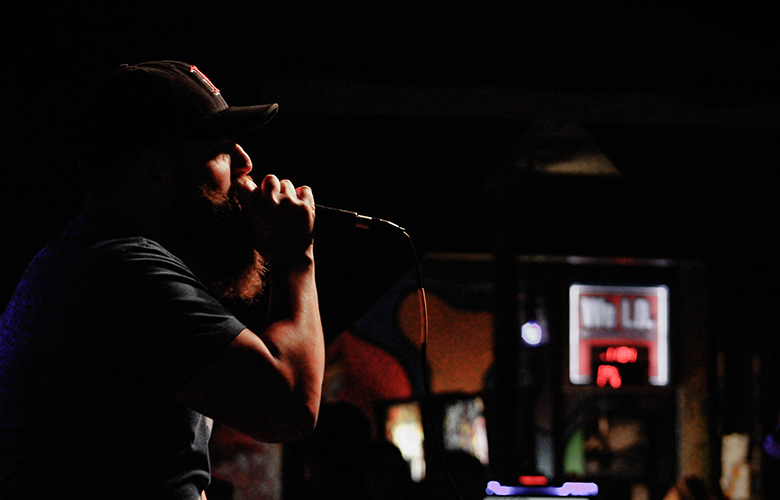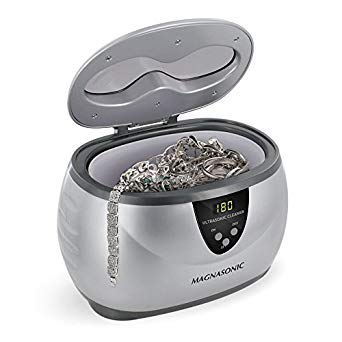
From the Hive: Recommendations and Advice from our Community Through Social Media Discussions.
Topic: Cleaning Microphones
It was recently asked what is the best way to clean microphones (now that it’s cold season)? Of course, it’s great to clean your mics if someone who’s sick has used them, but it’s also good to clean them frequently no matter what.
Here’s how our community responded with some additional resources in regard to cleaning microphones.
Many folks recommended disinfecting wipes to quickly wipe down the grill of the microphone after use. Also, consider using a non-flavored Listerine.
You could also use Purell or another kind of hand sanitizer. I recommend avoiding any with added fragrances just to make sure that it doesn’t impede someone’s use of the mic. Many people have fragrance sensitivities.
Microfoam was also suggested, this is also known as a foaming sanitizer or deodorizer a lot like the gel sanitizers we see all the time.
There are also industry-specific cleaners such as Thomann microphone cleaner or the Microphone Cleaning Kit. Hosa also sells a whole line of cleaner sprays for items we encounter in our industry. For mics, they sell Goby Labs microphone sanitizer.
Remove the grills and foam. Wash the foam with isopropyl, antibacterial hand soap, or dawn detergent. The grills can be washed with the same items using a toothbrush to get a good scrub or thrown in a dishwasher for a deep clean; just make sure both are completely dry before use.
Others suggested an ultrasonic jewelry cleaner. Around $40, these cleaners can be used to wash more than microphone parts. Small in size and only needing limited amounts of cleaner and soap this tool could be useful especially if you’re on tour.

When things get really bad you can also replace the grill and foam on a majority of microphones, but hopefully, none of us have to deal with something that bad! Keep in mind antibacterial soaps and isopropyl won’t kill some viruses. Bleach solutions, hydrogen peroxide or replacement is your best option to stop the spread of tough viruses.
For windscreens or pop filters soak them in a 10% bleach solution and rinse in cold water. This eliminates germs, viruses, and odor.
Thank you to Jennalyn Alonzo for posing the question and thank you to all of our community members for their great responses!
Article by SoundGirl: Heather Holm
Another great article by SoundGirls: Stage Managers and Sound Designers
Follow SoundGirls on Instagram, Twitter


The mission of SoundGirls.org is to inspire and empower the next generation of women in audio. Our mission is to create a supportive community for women in audio and music production, providing the tools, knowledge, and support to further their careers. SoundGirls.Org was formed in 2013 by veteran live sound engineers Karrie Keyes and Michelle Sabolchick Pettinato and operates under the Fiscal Sponsorship of The California Women’s Music Festival, a 501(c)3 non-profit organization. In 2012, Karrie and Michelle participated in the “Women of Professional Concert Sound” panel at the AES Conference in San Francisco. The panel was hosted by the Women’s Audio Mission (WAM) and moderated by WAM founder Terri Winston. Terri brought together five women working in live and broadcast audio. The groundbreaking panel (which also included Jeri Palumbo, Claudia Engelhart and Deanne Franklin), provided young women and men a glimpse into life on the road, tips and advice, and a Q & A with the panelists. More importantly though, was how incredibly powerful the experience was for the panelists. We had all been in the business for 20 years or more, yet most of us had never met before that day and within minutes we bonded like long-lost sisters. We were struck by how similar our experiences, work ethics, and passions were and wondered why our paths had never crossed and how our careers would have been different had we been there to support each other through the years. Each of us are strong on our own, but together we were even stronger and a powerful force. We were empowered. Each of us had been asked hundreds of times in our careers: Are there other women doing sound? How did you get into sound? How would a young woman go about getting into sound? Through creating SoundGirls.Org, we hope to establish a place for women working in professional audio to come for support and advice, to share our success and failures, our joys and frustrations, and for empowerment and inspiration.
Read Full Profile© 2021 TheatreArtLife. All rights reserved.

Thank you so much for reading, but you have now reached your free article limit for this month.
Our contributors are currently writing more articles for you to enjoy.
To keep reading, all you have to do is become a subscriber and then you can read unlimited articles anytime.
Your investment will help us continue to ignite connections across the globe in live entertainment and build this community for industry professionals.